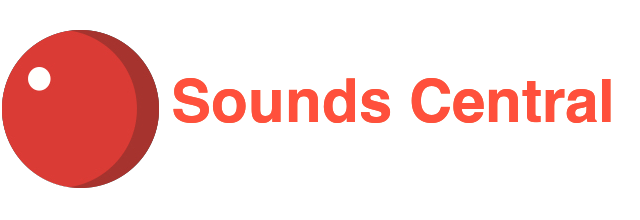In the Eighties, old and new styles alike get developed in Jamaica. Ragga evolves and electronic production tools enter the studios, helping to establish the digital dancehall era.

A career in the music business proves to be a chance to leave Jamaica’s pervasive poverty and violence behind, so many producers turn their backs on the island during this time. Especially the London – Kingston axis turns out to be fruitful.
37 minutes with Bunny Lie Lie, Charlie Chaplin, Don Carlos, Johnny Clarke and others.
Featured cover art: Mad Professor – Beyond The Realms Of Dub
Listen also to
Reggae From Scratch – Lee Perry (1968-78)
Playlist ‘Engineered Reggae’
Johnny Clarke – You I Love
Jamaica’s Artist of the Year in both 1975 and ’76 is known for his knee-length dreadlocks, so-called African Roots, and a repertoire ranging from dread tunes to love songs; in 1983, he relocated to London (1986, Mister Tipsy)
Half Pint – Desperate Lover (Dub)
the singer explored many aspects of dancehall together with the legendary rhythm section Sly & Robbie (1987, Taxi)
Pebbles – Positive Vibrations
produced by Barbados-born Dennis Bovell, who moved to South London in 1965 at the age of 12 and became immersed with Jamaican culture, dub music and sound systems (1979, Arawak / RE: Trojan)
Bunny Lie Lie – Babylonian
expressing dislike of the corrupt, capitalist, and colonial world, referred to as Babylon in the Rastafarian belief system (1981, Greensleeves Records)
Don Carlos – Everyday in Dub
having started singing in 1972 as one of the founders of Black Uhuru, Don Carlos released his first solo album, the cultural roots LP Suffering, nine years later (1981, Negus Roots)
Charlie Chaplin – Tony Welch
the deejay, dancehall and ragga singer had a focus on cultural and social themes in his tunes (early 80s, Tamoki-Wambesi-Dove)
Earl Sixteen – A One Sound
cut by Prince Jammy on a dubplate and tested on numerous sound systems as he made a name for himself with digital rhythm productions, a sound that would define the modern dancehall era (1985, King Jammy’s Dub)
Augustus Pablo – Rockers Comes East
with the melodica, Augustus Pablo made a child’s musical toy his trade mark instrument during the Seventies; here, the producer and label owner explores the area of digi-dub with it (1987, Message / RE: Greensleeves)
Mad Professor – The English Connection
the Guyanese-born dub music producer and engineer came to London in 1968 at the age of 13 and became instrumental in transitioning dub into the digital age (1982, Ariwa)
Deadly Headley – Little Dove
while on tour in the U.K., the Jamaican session musician gets involved with Creation Rebel and Adrian Sherwood’s On-U Sound label, for which the label owner produces Deadly Headley’s first solo album (1982, On-U Sound)



